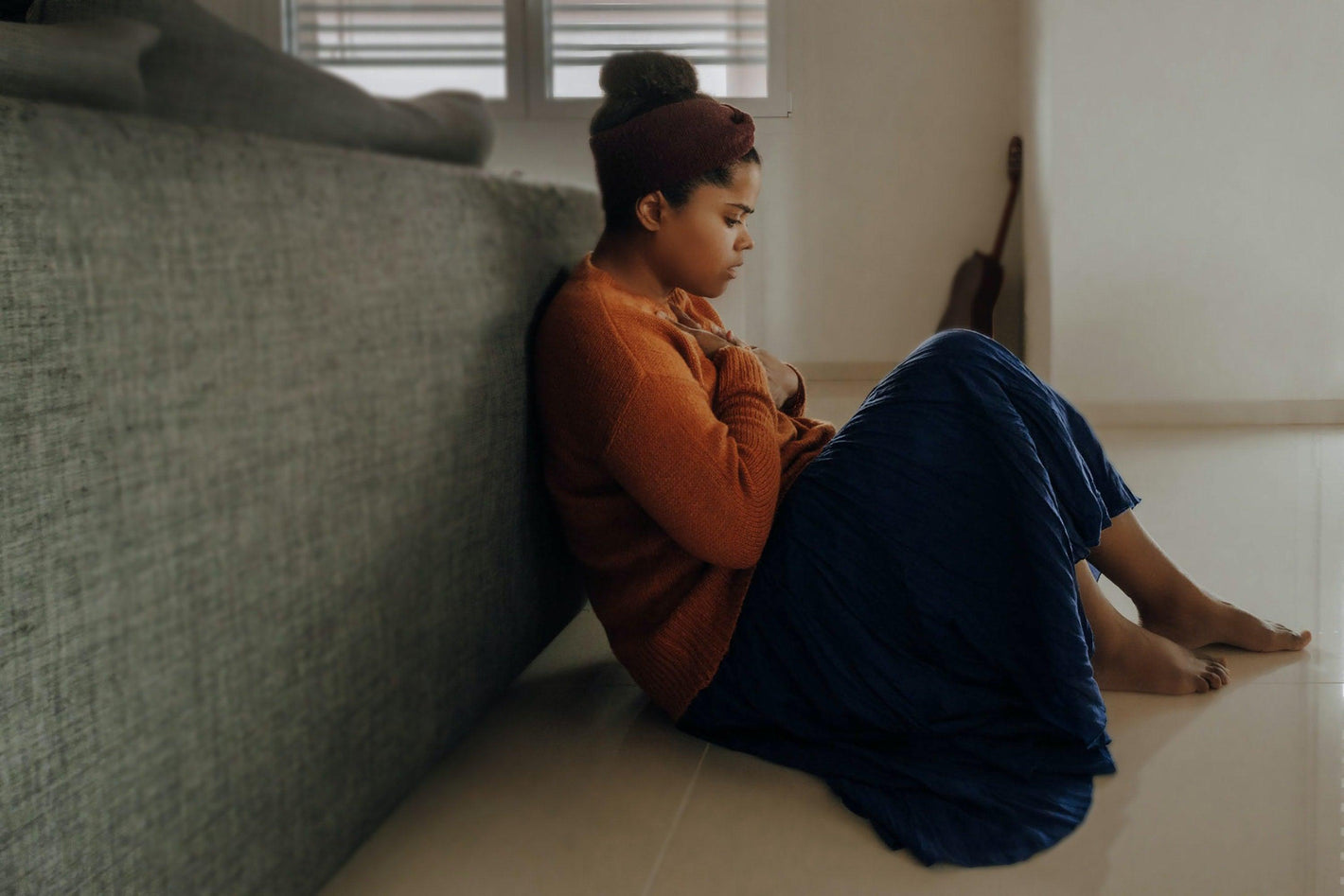Generalized Anxiety Disorder


Anxiety disorders like generalized anxiety disorder (GAD) are characterized by excessive, uncontrollable, and frequently irrational worry about things that most people wouldn't typically find worrying. People who have GAD may see disaster coming and may worry excessively about their finances, health, families, jobs, or other matters. GAD sufferers struggle to maintain calm and control their anxiety. Their physical symptoms, which may include headaches, tension, sweating, irritability, hot flashes, lightheadedness, or nausea, may be present almost every day along with their generalized anxiety.
6.8 million adult Americans, or 3.1% of the population, suffer from GAD. It typically starts in childhood or adolescence and is equally prevalent in men and women. Despite the fact that it can happen at any age, GAD is most prevalent in middle-aged adults. Generalized anxiety disorder can affect daily activities like work, school, or relationships and can range in severity from mild to severe.
The root cause of generalized anxiety disorder is unknown, but it is thought to be a result of a genetic and environmental cocktail. People who suffer from GAD may have a family history of depression, anxiety disorders, or other mental health issues. GAD risk may also be increased by specific life circumstances or experiences (such as trauma or stress).
It's crucial to get professional assistance if you're showing signs of generalized anxiety disorder. Medication, therapy, or a combination of the two are all viable treatments for GAD. CBT is a type of therapy that has been demonstrated to be particularly successful in treating GAD. The main goal of CBT is to recognize and alter the negative thought patterns and behaviors that fuel anxiety and distress. Antidepressants, anxiety relievers, and beta-blockers are among the drugs frequently prescribed to treat GAD.
Treatment options for generalized anxiety disorder include therapy, medication, or both. The purpose of treatment is to lessen your anxiety's symptoms and enable you to lead a regular, fruitful life.
Individuals with generalized anxiety disorder may experience different signs and symptoms. Some people might only have a few symptoms, whereas others might have many. The most typical signs are as follows:
- Constant worry or anxiety about trivial matters
- Trouble managing worry or anxiety
- Unease, irritability, or a sense of dread
- Tense muscles
- Migraines
- Perspiring
- Nausea or a stomachache
- Sleep issues or fatigue
- Trouble focusing or a blank mental image










Plus get the inside scoop on our latest content and updates in our monthly newsletter.